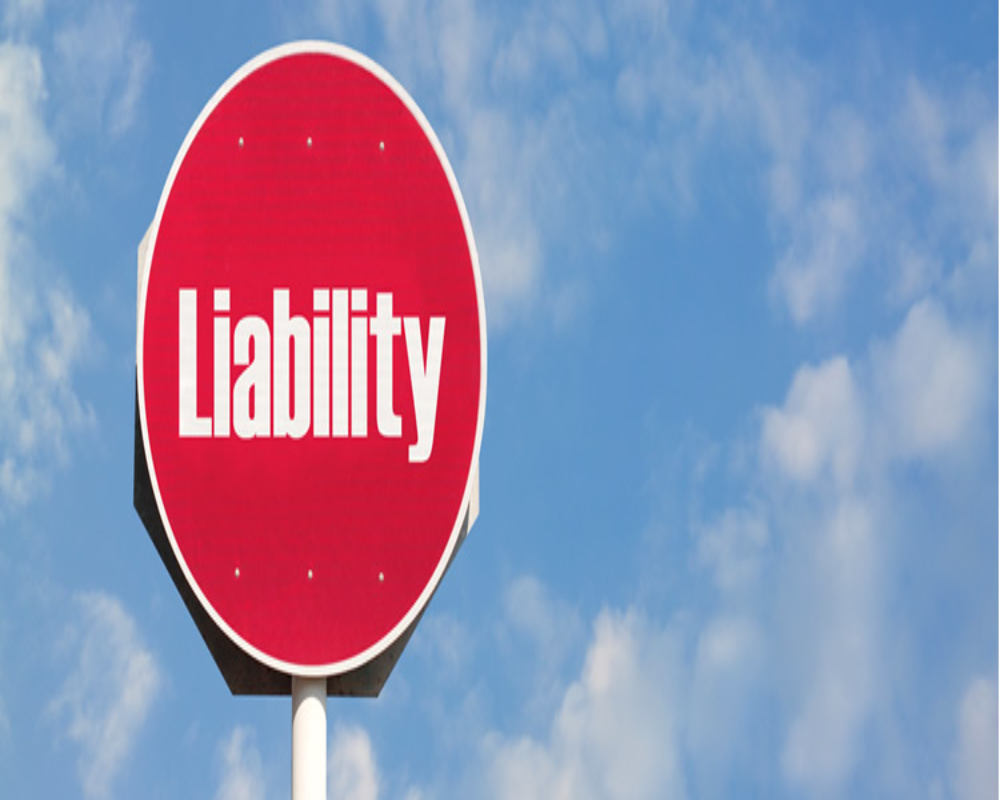1. Limited to Unpaid Share Capital
- Shareholders are liable only to the extent of the amount unpaid on the shares they hold
- If shares are fully paid, their liability is zero, even if the company incurs losses or faces bankruptcy
- This protection encourages investment without risking personal assets
2. No Personal Liability for Company’s Debts
- Shareholders do not have to repay company loans or liabilities from personal funds
- The company is a separate legal entity, so creditors cannot sue shareholders individually for company obligations
3. Liability Does Not Change with Business Losses
- Even if the company faces heavy financial losses, shareholders are not held personally accountable
- Their maximum financial exposure is limited to their investment in share capital
4. Exception in Case of Fraud or Misrepresentation
- If a shareholder is involved in fraud, misconduct, or illegal activity, the corporate veil may be lifted
- In such cases, courts can hold shareholders personally liable under the principle of “piercing the corporate veil”
5. No Management Obligations
- Shareholders are owners, not managers
- They do not bear liability for day-to-day operations or decisions made by the board of directors


0 Comments